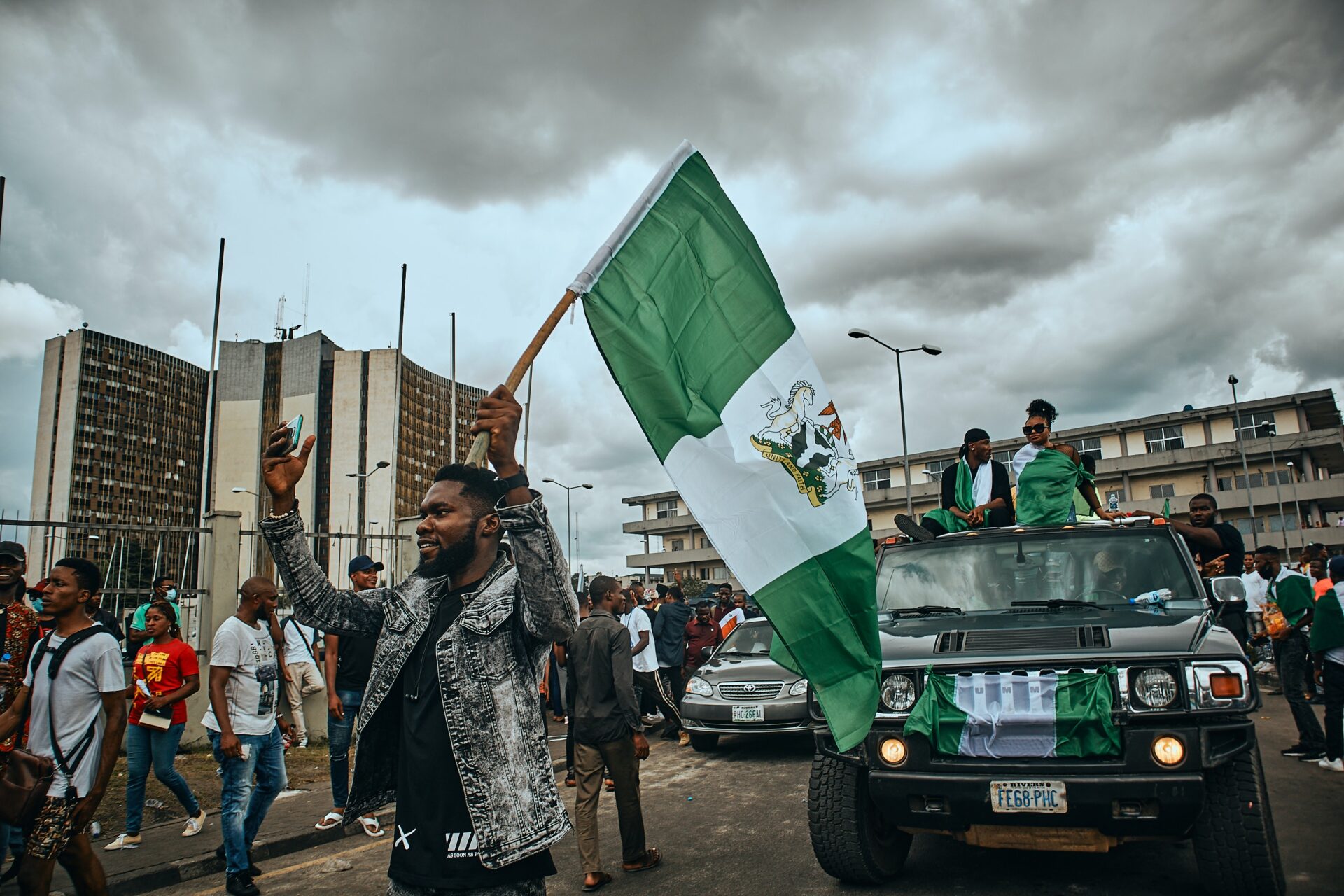Buhari Allows Corruption Fight Back
Anti-corruption is a complex and difficult task but some certain fundamentals and necessities need to be adhered to in the short, medium and long term for it to have any significant or even enduring success. Conversely, certain oversights made in any anti-corruption campaign simply make success in the fight against corruption much more difficult or even impossible. The Government of Nigeria’s (GON) current approach to anti-corruption is giving too much opportunity for the corrupt to fight back. This may not be deliberate on the part of the GON led by President Muhammadu Buhari. Who knows?
There appears to be no institutional adjustments or introductions taking place in the governance of Nigeria to facilitate effective short, medium and long term anti-corruption measures. Nigeria has the problem of “contrary institutions” as the main facility for corruption. Contrary institutions are defined as “any institutions which due to perverse or incomplete internal development delivers divergent or contrary outcomes to those they were was originally intended”. What makes institutions enforceable and effective are not their external components such as methods, techniques, processes or resources (e.g. the Treasury Single Account or EFCC) but their internal component which consists of human volition. Human volition rooted in moral responsibility to achieve and maintain goal consistent ethical rules for proper governance.
Col Dasuki’s use of $2.1 billion intended for military financing necessary to crush the Boko Haram insurgency decisively for the “appeasement” of a broad spectrum of the “Owners of Nigeria” (and their proxies) is a perfect example of a contrary institution. Nigeria is jam-packed with contrary institutions at all levels. If the GON is serious about anti-corruption it will have energetically transform inconsistent contrary institutions into consistent instrumental and enforceable institutions. Then anti-corruption will have a good chance of enduring success.
Short term measures for fighting corruption methodically usually include fairly swift arrests and prosecutions, astute media management, changing/introducing laws and regulations, and eliciting public support. The management of the $2.1 billion “National Security Scandal” orchestrated by Col Sambo Dasuki has been quite questionable. Prosecutions have been slow in the making with very serious implications.
The stage-managed leaks of names of those who Dasuki “shared” the $2.1 billion has been praised rather uncritically by some Great Men as laudable because it represents “unprecedented exposures” of corruption. Those men should carefully think again and assiduously thank mobile technology, the internet and social media for the “unprecedented exposures”. Did Dasuki not share money to mainstream media houses to manufacture consent for the public?
The “unprecedented exposures” according to a senior figure in the global anti-corruption industry have led to heavy traffic in the areas of cash and assets transfers overseas by politicians Nigerian politicians who own them. The corrupt are in no way keen to lose their cash and assets stashed away foreign havens. Cash and assets are being “dispersed”, taken off-shore, held in off-shore trusts, obscenely expensive assets sold for £1 etc. Such is the ruthless fightback of the corrupt to keep their loot. Yet, the GON is bragging about “recovering Nigeria’s Stolen Billions”.
Nigerian lawyers are filled with glee at the opportunities and loopholes the “unprecedented exposures” have created for the cases of the corrupt clients they will defend in court if and when the prosecutions start. Convictions will be harder to exact on the thieves. Another opportunity for the fightback of the corrupt.
The GON has not demanded any new legislation to tackle the immediate institutional lapses that can reduce incidences of corruption significantly such as asset forfeiture laws, immoral earnings laws, the declaration and taxability of large financial gifts laws, fast-track prosecution / stiff sentencing for corrupt officials etc. The absence of such laws is another cool avenue for the fightback of the corrupt. Yet, the GON has time to legislate against “frivolous corruption petitions” and “social media expression”. Nigeria remains perhaps the only country in the world where no one questions a person’s source of income.
Medium and long term measures for anti-corruption include asset recovery, the prevention of incidences of corruption, an expansion the scope of the anti-corruption, the enforcement of new institutional morphologies, calibrating anti-corruption legislation etc. However, the medium and long term measures have to start from day one as the short term measures. Recovering assets from overseas where most of Nigeria’s stolen billions are “safely” kept in Western havens takes time and has not been an easy experience for Nigeria. The “Abacha Loot”, still held in Switzerland 18 years on, is one of the countless examples. Some Western nations stipulate they will only return the stolen billions if Nigeria can concretely demonstrate that it will be used for development projects in the country. Shuor!
As for the fostering of moral responsibility of citizens and public servants, good standards of living, low unemployment, good wages/salaries, poverty reduction, good “education” / training, affordable goods and services are all very necessary components of a proper and enduring anti-corruption package. The GON has not included such in its medium and long term anti-corruption measures but sings the songs of anti-corruption.
Of those who have received monies via the largesse of the state present a big contradiction. We have Bola Ahmed Tinubu, gubernatocrat, admitting that he was given N9 million by Col Dasuki and he is refunding it promptly but conveniently only after the “unprecedented exposures”. If Tinubu is mandated to refund every inappropriate kobo he has taken or received corruptly it will be extremely inconvenient for him. Then we have Olu Falae who admitted he received N100 million from Tony Anenih but he is not refunding a kobo because it was a “gift”.
If Nigeria had clear enforceable laws on financial gifting with implications for corruption and money laundering this contradiction will not exist. It is easy and convenient for politicians to accept that they received “unsolicited gifts” from GON largesse but accuse them of embezzlement, bribery, extortion, fraud or mismanagement and they will vehemently deny it and scream to their lawyers for help. So much for the “unprecedented exposures”.
If the GON is serious about corruption it has to reflect on how to energetically deal with contrary institutions and the opportunities for the fightback of the corrupt. The GON has to be as tough and smart as the corrupt. It is not too late for anti-corruption to win decisively.
Grimot Nane


